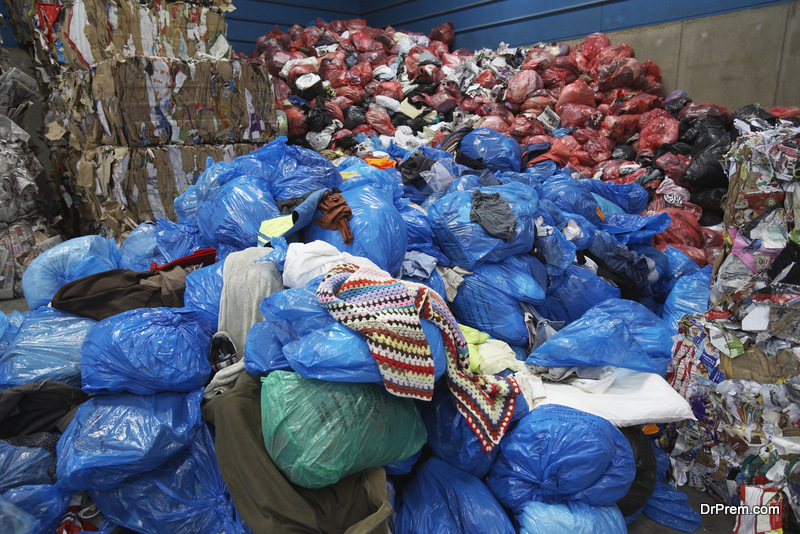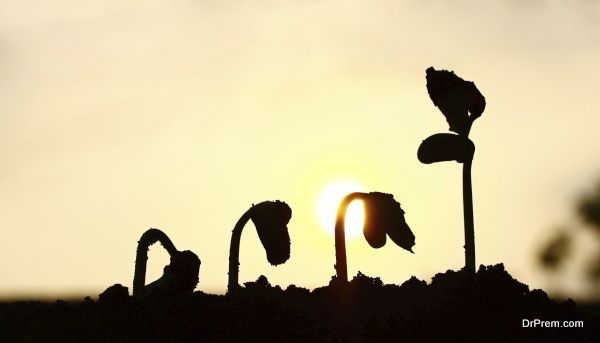A tiny nation has made all the other nations of the world sit up and take notice. Bhutan is a country – probably the only one in the world – which is carbon negative. It has been applauded by the UN and other nations as perhaps the greenest country on Earth. Bhutan’s emissions have a rate of only 0.8 metric tons per capita. But it does not stop there. Bhutan is not just carbon neutral, it is famed for having negative emissions. The country has made a great deal of effort to conserve nature and protect its forests. Bhutan environmental sustainability is the perfect example of good governance and leadership, as well as thededication of the people towards having a clean and green country.
More about Bhutan environmental sustainability
According to a recent study, Bhutan emits approximately 1.5 million tons of CO2 annually. This is offset by the 6 million tons of carbon which is absorbed by the abundant forests of Bhutan. Bhutan environment conservation practiceshas paid off wonderfully and the country is now recognized as a country which has negative emissions.
Bhutan environmental sustainability is going to be even more praiseworthy in a few years’ time. This is because the country wants to achieve net zero greenhouse gases’ emissions by the year 2020. It also aims to farm in a completely organic manner and produce zero waste by 2030.
Gross National Happiness or GNH of Bhutan
 While the rest of the world measures prosperity in terms of GDP, Bhutan has rejected this well-established concept and chosen to measure its prosperity in an absolutely opposite manner. In Bhutan, prosperity is measured by the principles of GNH, which includes the physical, social, spiritual, and environmental health of its citizens and nature.
While the rest of the world measures prosperity in terms of GDP, Bhutan has rejected this well-established concept and chosen to measure its prosperity in an absolutely opposite manner. In Bhutan, prosperity is measured by the principles of GNH, which includes the physical, social, spiritual, and environmental health of its citizens and nature.
Though the country has been an oddity globally for following the GNH principles,the whole world has realized how effective this principle is. Measuring Gross National Happiness is one of the things how the world can learn from Bhutan. The Bhutanese believe that mental, physical, and spiritual well-being should be preferred over material belongings, which has led to Bhutan’s people being happier than others in the world. They may have fewer possessions, but they possess something which cannot be bought with money – happiness.
As the entire world has been affected by failed financial systems, gross disparity of wealth/ inequity, and a huge scale of environmental destruction, it is now looking towards Bhutan’s success story. In fact, the tiny country has made itself heard in the UN, and its call for holistic economic approach was endorsed by no less than 68 countries. Certainly, it is a case of David (GNH) winning over Goliath (GDP)! Now, a panel of UN experts is considering ways ofhow the world can learn from Bhutan, and how its success story be replicated in other parts of the world.
Bhutan’s environmental practices
 With Bhutan environmental sustainability practices as well as GNH principles, the country has doubled its life expectancy rate. 100% of children are enrolled in primary schools and its infrastructure has also been overhauled. This has been possible as environmental conservation is at the heart of Bhutan’s political agenda too. The country is an example of the government and people working together to achieve environmental targets.
With Bhutan environmental sustainability practices as well as GNH principles, the country has doubled its life expectancy rate. 100% of children are enrolled in primary schools and its infrastructure has also been overhauled. This has been possible as environmental conservation is at the heart of Bhutan’s political agenda too. The country is an example of the government and people working together to achieve environmental targets.
Bhutan environmental sustainabilityplaces nature at the center of its public policy which has enshrined environment conservation in the country’s constitution. This has ensured that 60% of Bhutan’s landmass will have forest cover forever. Bhutan has also banned logging and has a pedestrian day once a month, which bans private vehicles from roads for that day.
Bhutan’s environmental practices at primary school level
 Bhutan believes that cutting down its forests to export the timber is the not right way to make the nation rich and prosperous. The government believes that a nation which destroys its environment in a bid to become prosperous and increase its GDP actually loses out in the long run. Those countries who do not pay attention to the well-being of the people ultimately suffer, as is happening with most countries of the world. Though the path is hard, Bhutan’s GNH is a way to creating an equitable and sustainable society.
Bhutan believes that cutting down its forests to export the timber is the not right way to make the nation rich and prosperous. The government believes that a nation which destroys its environment in a bid to become prosperous and increase its GDP actually loses out in the long run. Those countries who do not pay attention to the well-being of the people ultimately suffer, as is happening with most countries of the world. Though the path is hard, Bhutan’s GNH is a way to creating an equitable and sustainable society.
In primary schools, teachers have noted that Bhutan environment conservation practiceshave led to children’s emotional well-being. GNH principles have been integrated into the country’s education system, which aims to convert educational facilities into ecofriendly schools.
UNICEF has funded ‘green’ training programs for educational institutions which train teachers to conduct lessons in a ‘green’ manner. This has led to the idea among teachers that Bhutan environmental sustainabilityis not just about the environment, but it actually a philosophy to be followed throughout life.
In Bhutan’s schools, along with science and mathematics, children are being taught the basic techniques of agriculture as well as environmental conservation. The government has also introduced a waste management initiative at a national level. This ensures that everything used in the school is sent for recycling.
To cater to the spiritual and emotional needs of children, the government has started meditation sessions daily; and soothing, peaceful traditional music is placed instead of the clanging school bell.
The challenges
Bhutan’s people are happy, even though they are materially poor. But how long the country can sustain this, only time will tell.There is still no electricity in 70% of the country. There has been rise in crime, gang culture, and population increase. Rising price of food globally has meant that food is costlier. The country faces an uncertain future, in the face of rising climate change globally and social and environmental pressures.
Farmers in Bhutan are already facing the effects of global warming and climate change. Earlier it used to snow in winter, but now, the weather has changed. It rains unseasonally, destroying crops. 70% of farmers lose their crops, food, and livelihood every year.High temperatures have led to insect infestation in grain and food crops.
Bhutan needs economic support from the UN and other first world countries in order to continue on its path of sustainability. The young generation is proud of being Bhutanese, and want to be doctors, forest rangers, and environmental scientists. Their dreams can be a reality if the whole world fights united against climate change. To keep Bhutan’s GNH, culture, and environment alive and thriving, it has to be supported via funds like the green climate fund.




